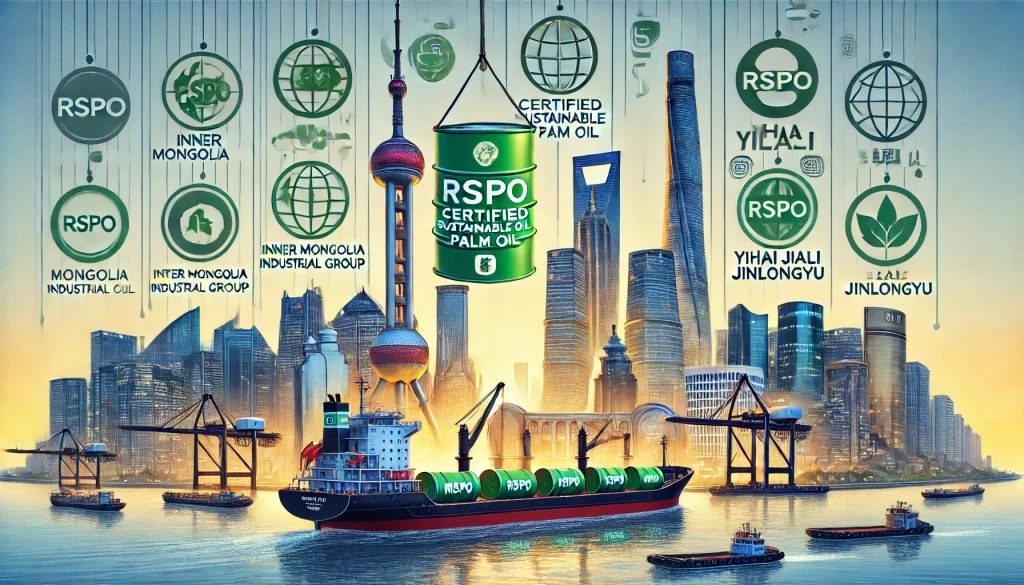
December 2, 2024
China’s sustainable palm oil market has achieved a major milestone with the arrival of the first shipment of RSPO Certified Sustainable Palm…

December 1, 2024
The Renewable Fuels Association this week responded to a request for information from the California Air Resources Board urging them to do…
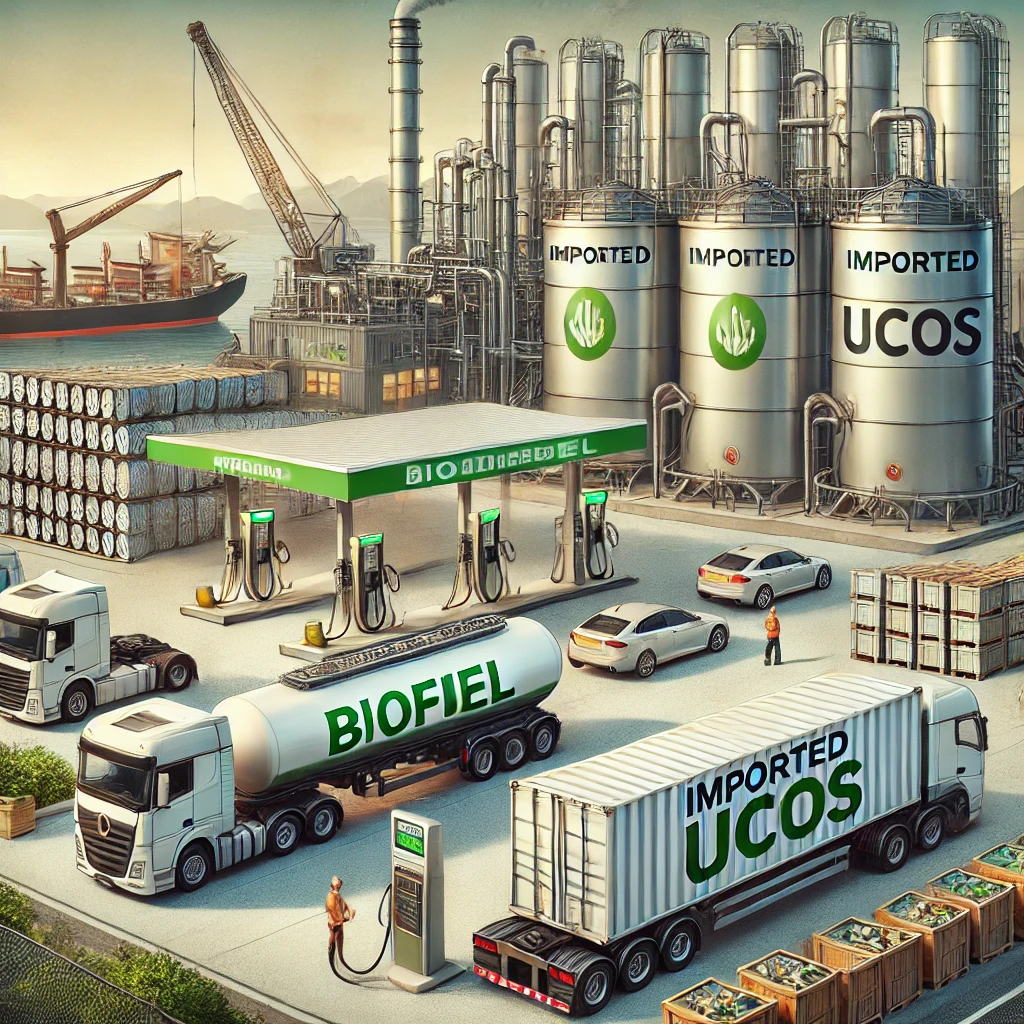
December 1, 2024
U.S. Senator Sherrod Brown (D-Ohio) has announced the introduction of a new bipartisan bill that would prohibit the use of taxpayer money…

November 29, 2024
Repsol has 600 petrol stations supplying 100% renewable fuel in the Iberian Peninsula, including 550 in Spain and 50 in Portugal. This…
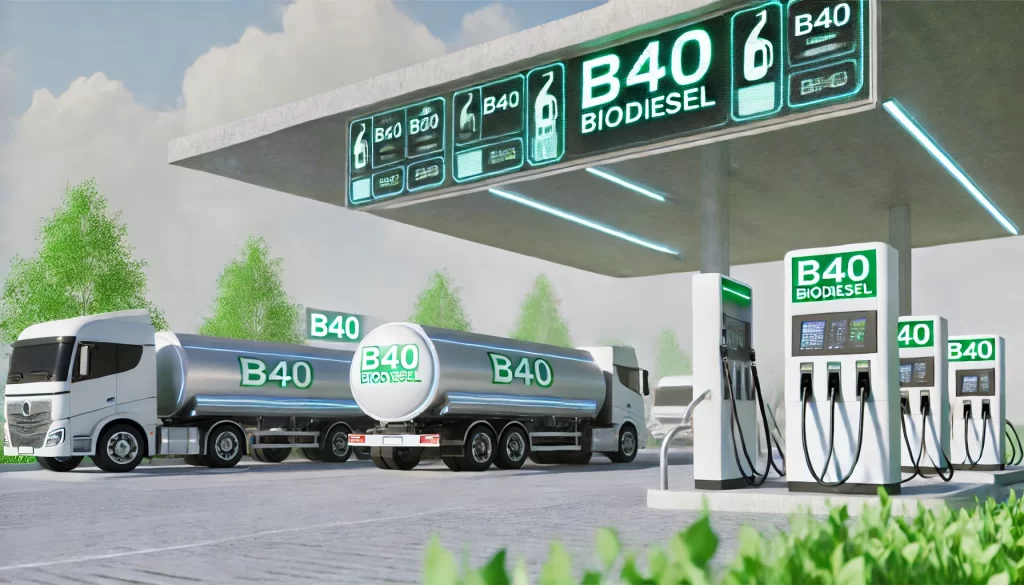
November 29, 2024
Indonesia’s Chief Economy Minister said on Friday that the country will continue to work on the implementation of the B40 biodiesel programme…
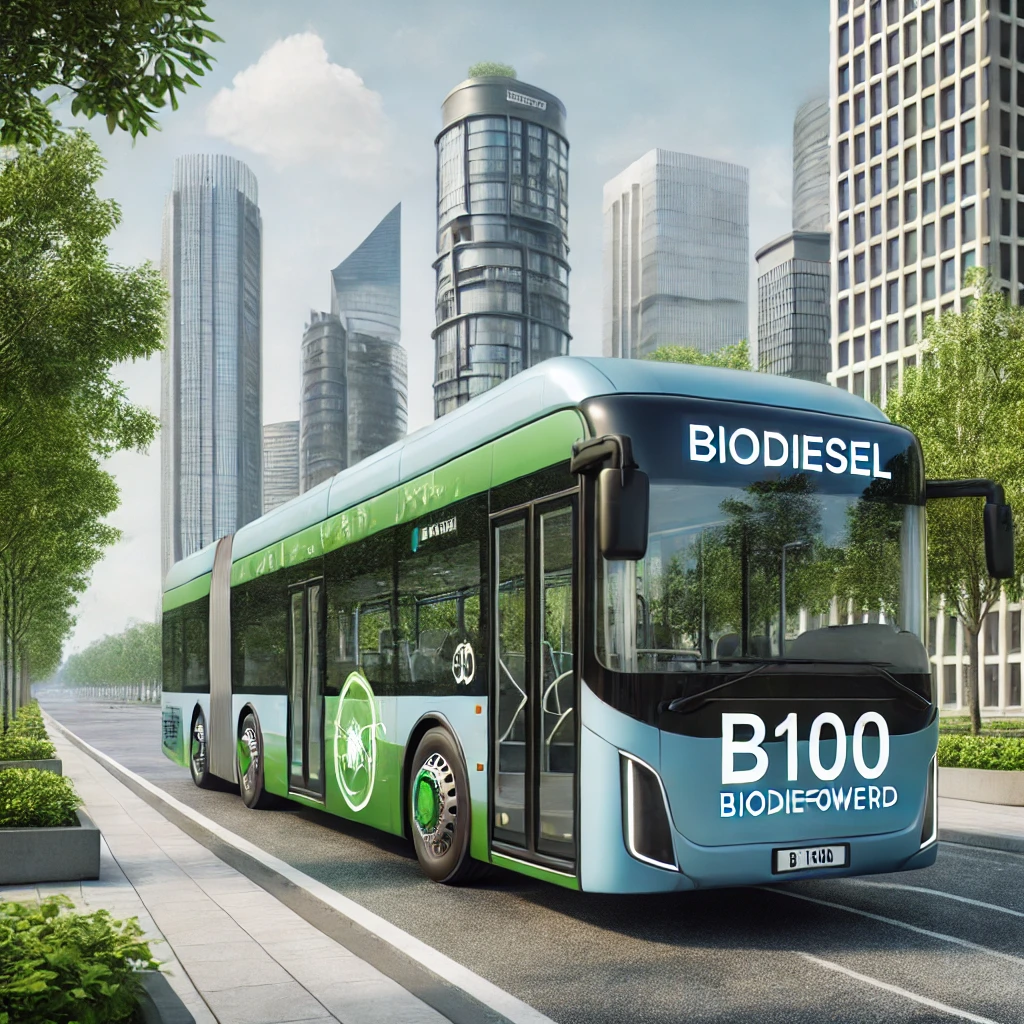
November 28, 2024
Buses at IOV Ilmenau in Germany were successfully run and tested with pure biodiesel fatty acid methyl ester (FAME). A project initiated…
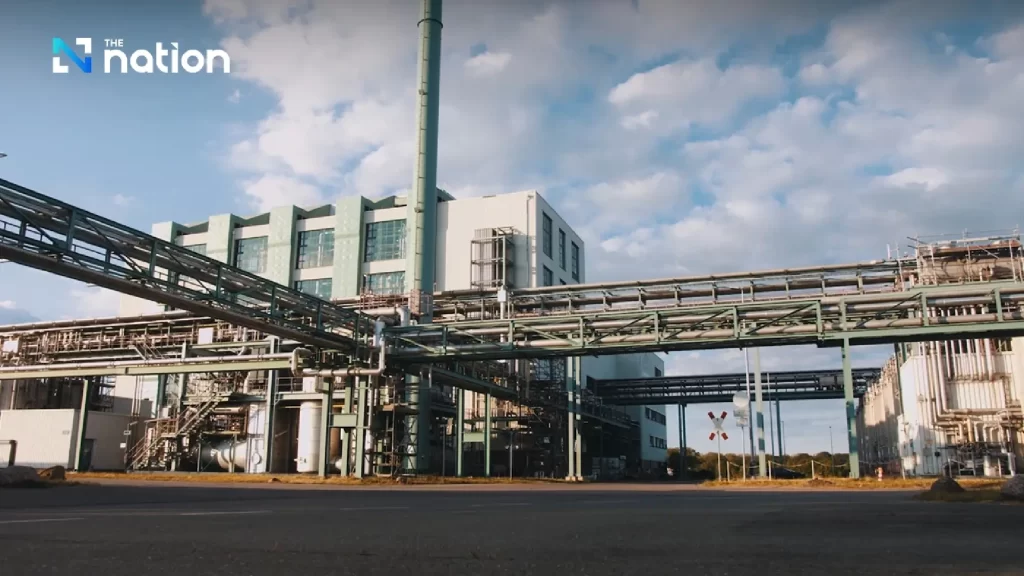
November 28, 2024
Pakistan Petroleum and Retail Operations Public Company Limited (PTTOR) has announced the adjustment of the proportion of biodiesel in regular high speed…
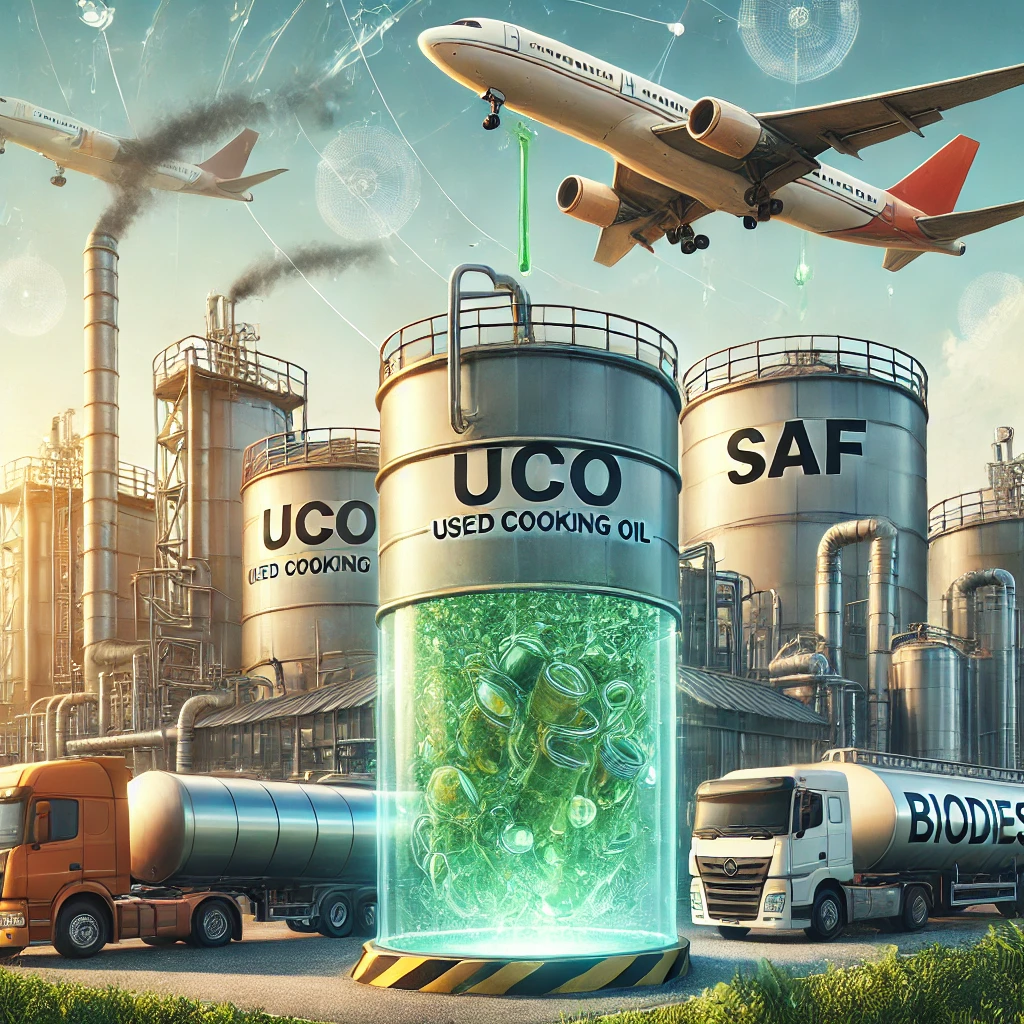
November 28, 2024
China’s ministry of finance and the state administration of taxation announced Nov. 15 that starting Dec. 1, the 13 percent export-tax rebate…
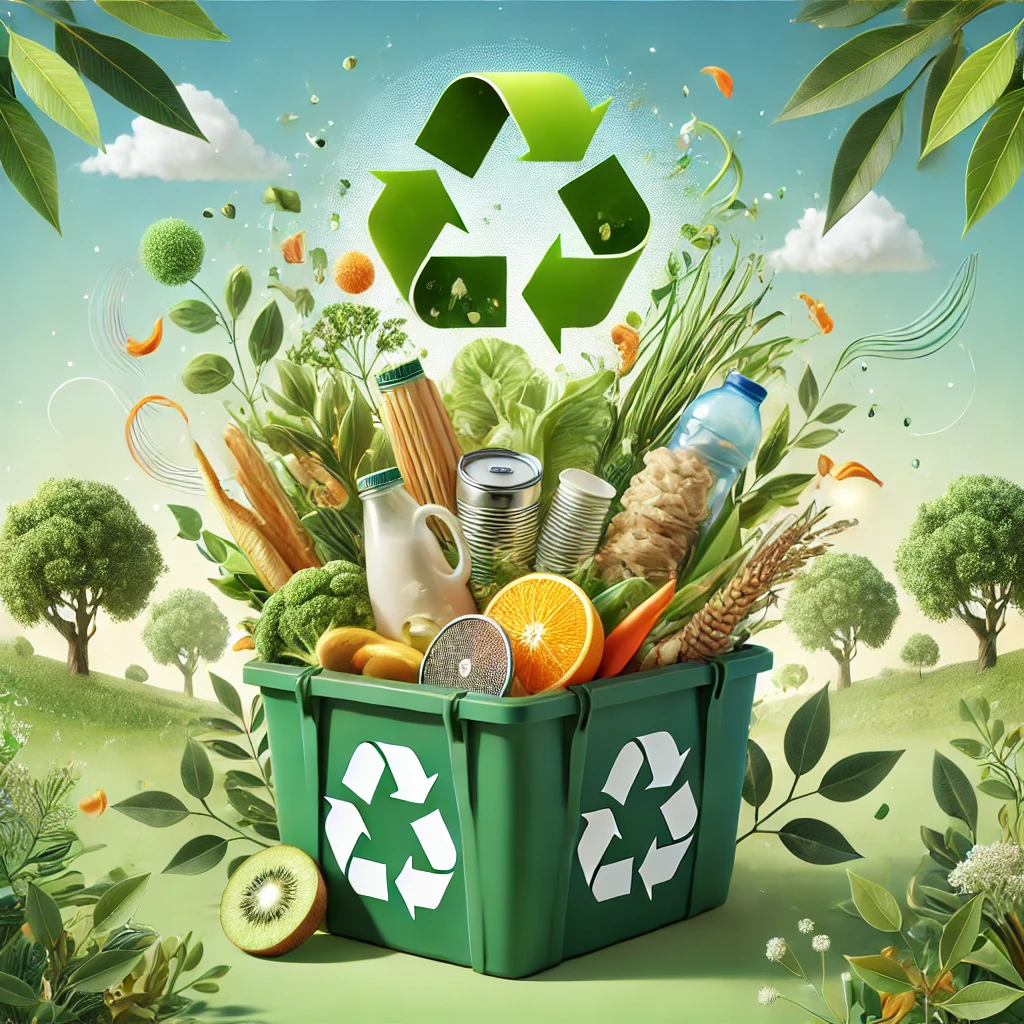
November 27, 2024
Under the Waste Framework Directive (WFD), the collection of biowaste will be mandatory in EU Member States from 1 January 2024 onwards.…
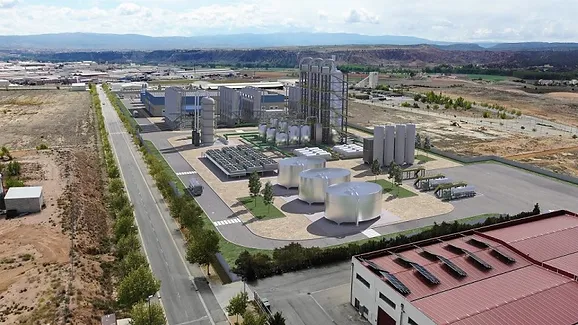
November 27, 2024
Solarig announced on 22 November that it is moving forward with the development of a sustainable aviation fuel (SAF) project that will…










